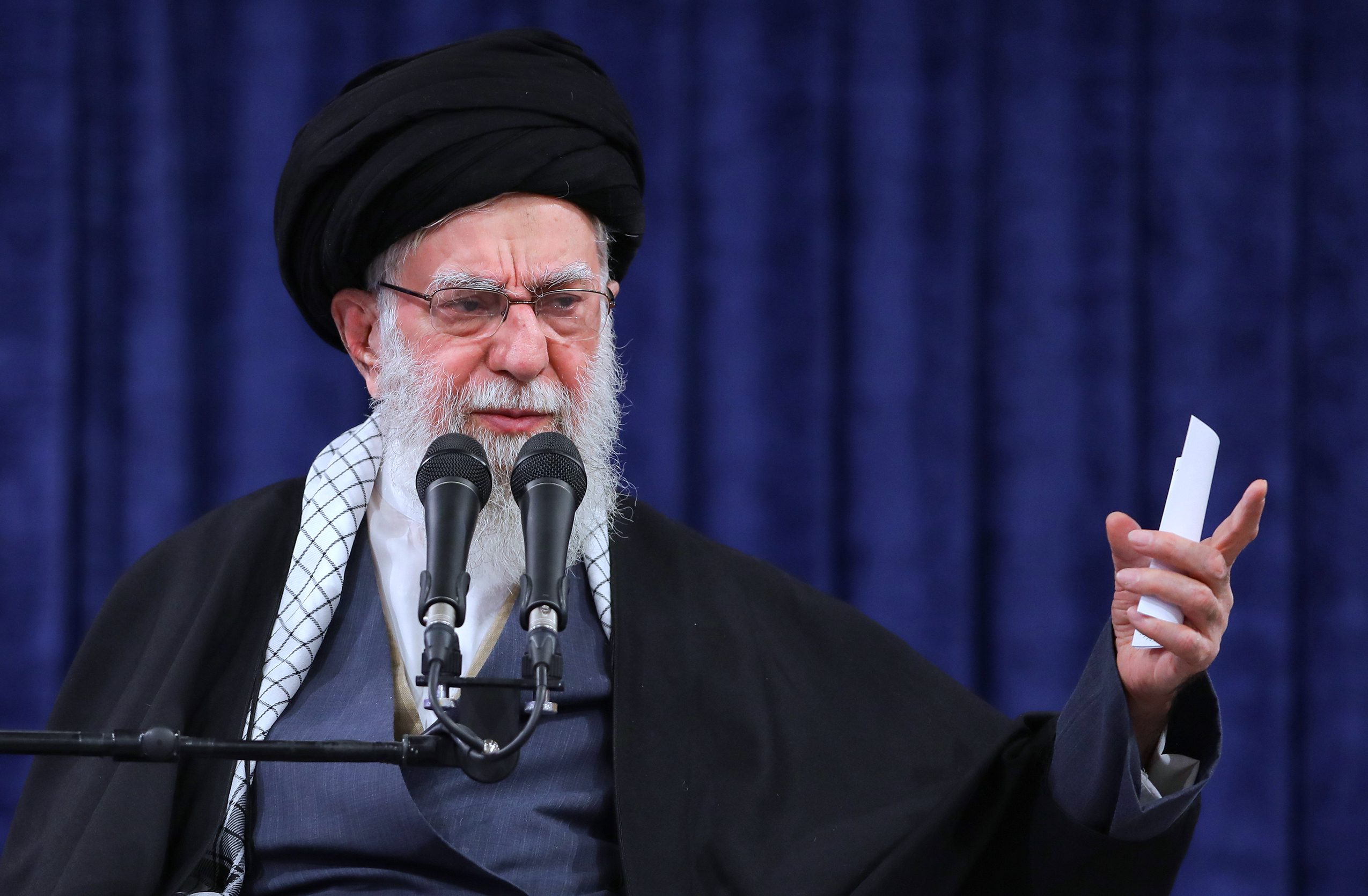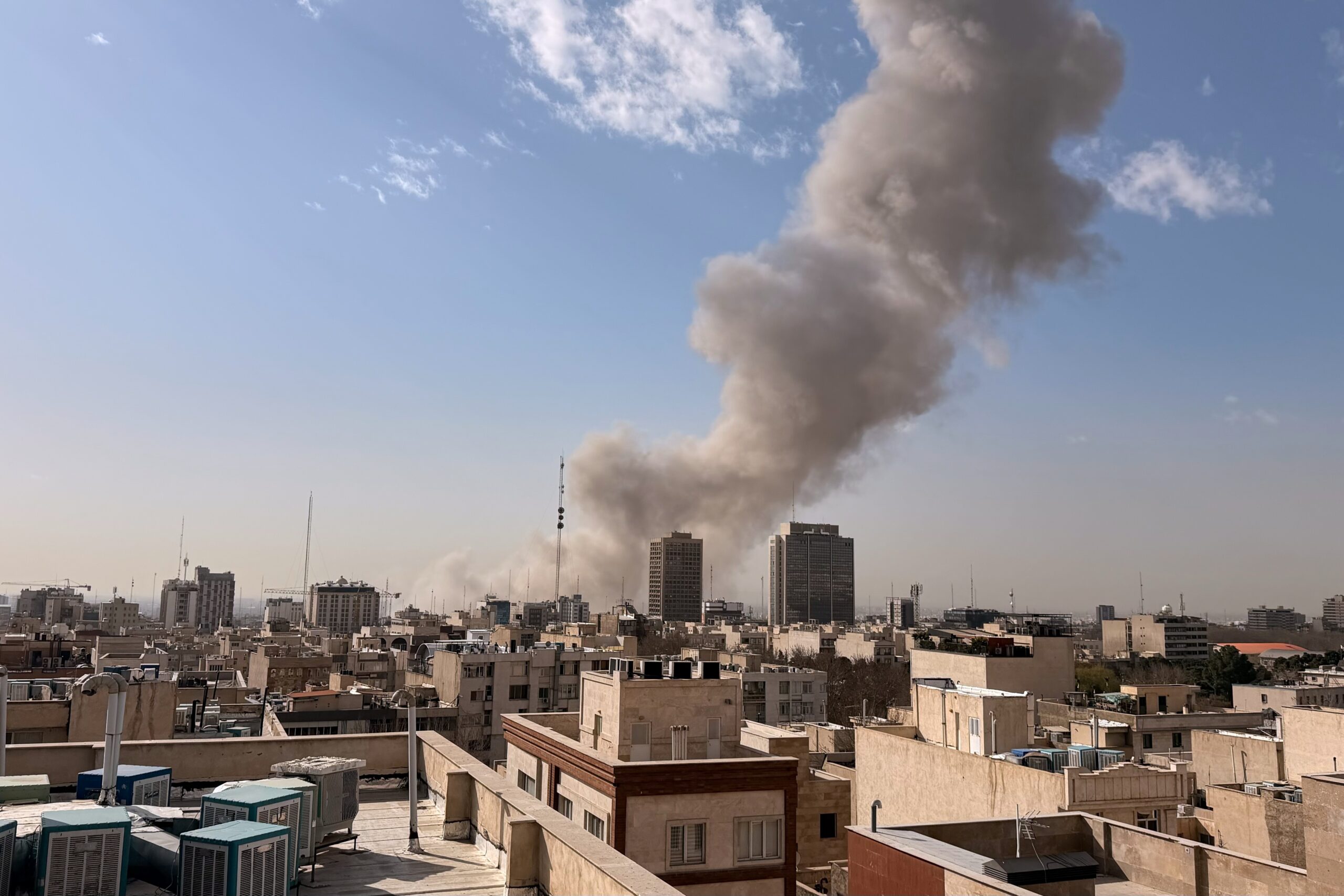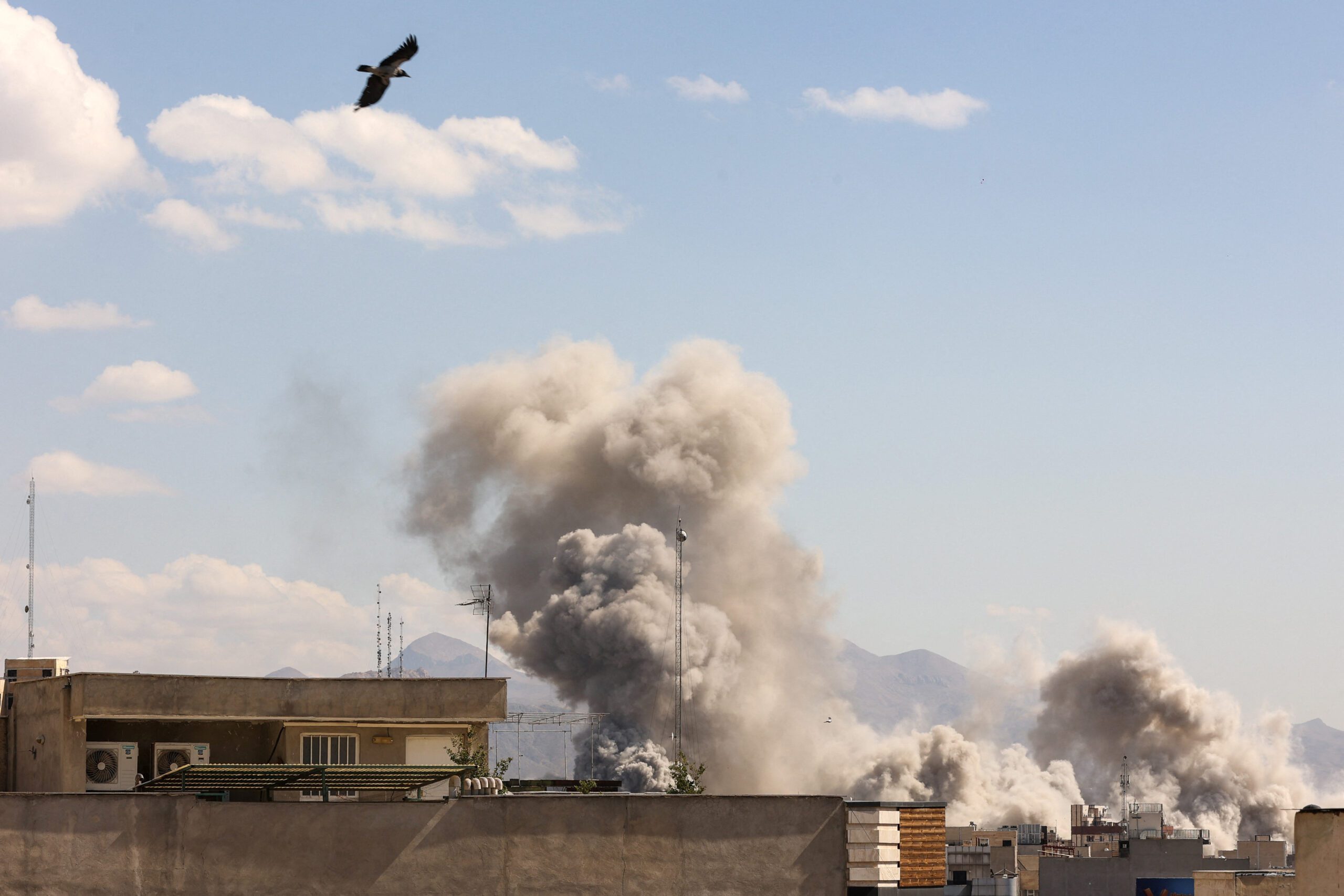Jan 20, 2023
Javan Newspaper on “Legal Status” of the Followers of the Bahai Faith
The January 20 edition of the Iran Media Review highlights articles illustrating injustices for Iran’s Bahai population.
Responding to Iranian Sunni Muslim cleric Abdolhamid Ismaeelzahi’s public declaration of support to the rights of the followers of the Bahai faith in Iran, Javan newspaper, a mouthpiece of the Islamic Revolutionary Guard Corps, dedicated a full page elaborating on the “rights” and “legal status” of Iranian Bahais. The articles, however, illustrate the injustice, rather than rights, followers of the religion are subjected to under the Islamic Republic.
- January 9: Ayatollah Mohammad-Ali Gerami was quoted by Javan as having said: “Bahaism is an artificial religion. They have neither a prophet nor a commander guardian. Seyyed Bab was a regular theological seminarian who claimed to represent the Imam of the Era, later claimed to be the Imam of the Era, and next claimed to be a prophet. He also claimed to be God, and finally claimed ‘I am the creator, I create God’ … This said, there are Bahais in this country. Nobody denies them life, and no one has been imprisoned or executed because of being Bahai. How do you prove their citizen rights have not been respected, even though they fundamentally can’t have any rights, since they are opposing the true Shiism?”
- January 9: Mostafa Mir-Mohammadi, a professor of law, argued in a legal opinion published by Javan: “The rights of the followers of sects and religions other than Islam, Christianity, Judaism, and Zoroastrianism are as enshrined in Islam. Their sects are not officially recognized, and they merely benefit from what is called fundamental, or human, rights. The right to a fair legal process, the right to free education for their students, and the right not to be tortured or subjected to inquisition are among these rights. This is all enshrined in our constitution. However, this does not mean that they enjoy the same rights as Muslims and followers of officially recognized religions. Therefore, because of their beliefs, upon which they practice, they enjoy fewer rights in comparison with other citizens … Separately, sects and religions other than the four aforementioned religions, do not have a uniformed behavior toward the Islamic regime. Some sects and religions do not have a hostile behavior toward the regime of the Islamic Republic and the Shia. They may not be Muslim, Christian, Jew, or Zoroastrian and are theologically not considered ‘People of the Book,’ but they are not hostile toward the Islamic Republic of Iran. This is true of the Buddhists, who are not enemies of the Islamic regime. Naturally, the government too does not engage in killing or war against them and does not react in a hostile way. But we also have certain sects that not only do not belong to the ‘People of the Book’ but also are hostile toward the Islamic Regime. The Bahais belong to this group, and some theologians also include the Wahhabis in this group. The regime certainly does not remain idle, so they can deal any blow they want against it. We know that the followers of Bahaism have been the enemies of the regime of the Islamic Republic for many years and have from the very beginning cooperated with the enemies of Iran. Now, they are cooperating with the Zionist regime, and their headquarters is in Haifa, in the occupied territories. Of course, they have also good relations with other enemies of Iran. Under such circumstances, we can naturally not allow such individuals to enjoy the same rights as other citizens. There are even those who believe they are not even a sect but a hostile political party, which does not shy away from dealing any blow to the regime of the Islamic Republic. Therefore, providing citizen rights to the Bahais on the same level as other citizens of the Islamic Republic will not only be unacceptable from the perspective of the sharia but also legally unacceptable and unconstitutional. These people will be denied some of the rights of the people enshrined in the constitution, or in the laws and regulations. Regardless, as long as the Bahais, and in general, those who are not ‘People of the Book,’ hide their beliefs, and do not express them, they can keep their faith and live normal lives. For example, when participating in the university admittance exam, they declare themselves Muslim. They don’t publicly declare their faith and do not proselytize. Circumstances of such people is different than Bahais, or others, who are not ‘People of the Book’ and on top of it, also express their opinion, and proselytize … These people will be subjected to laws concerning heterodox sects.”
The views represented herein are the author's or speaker's own and do not necessarily reflect the views of AGSI, its staff, or its board of directors.


















